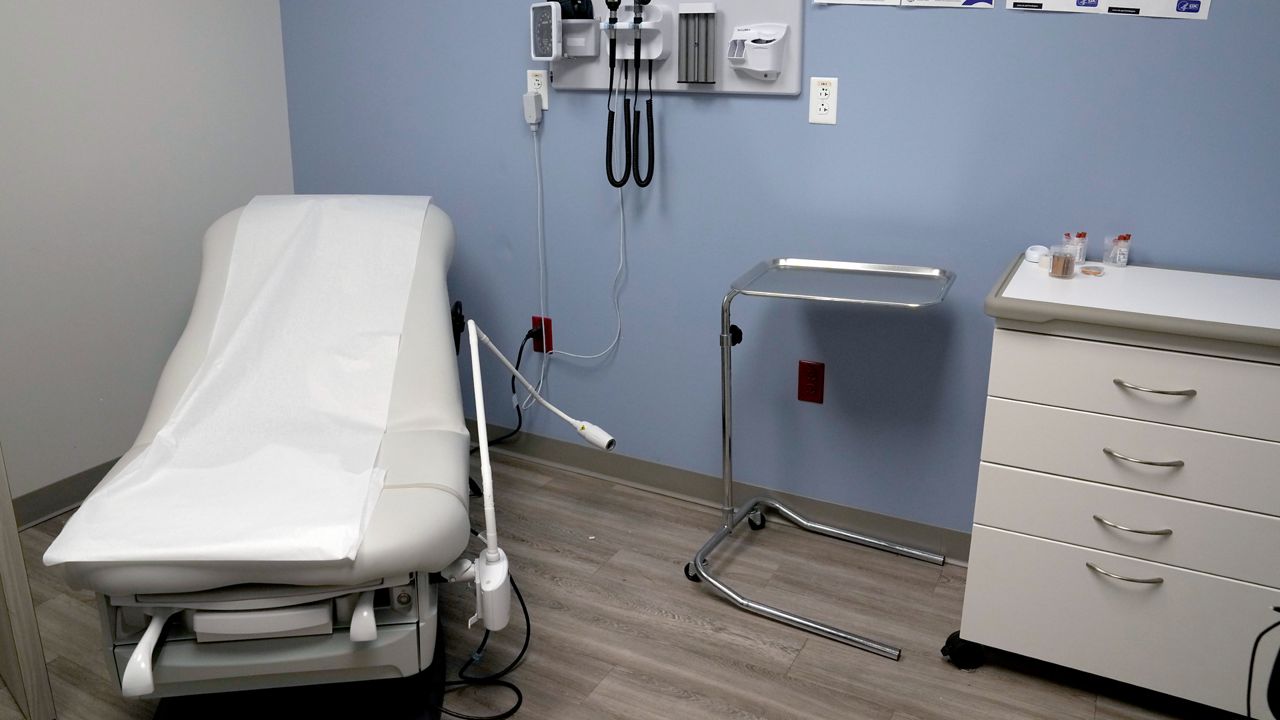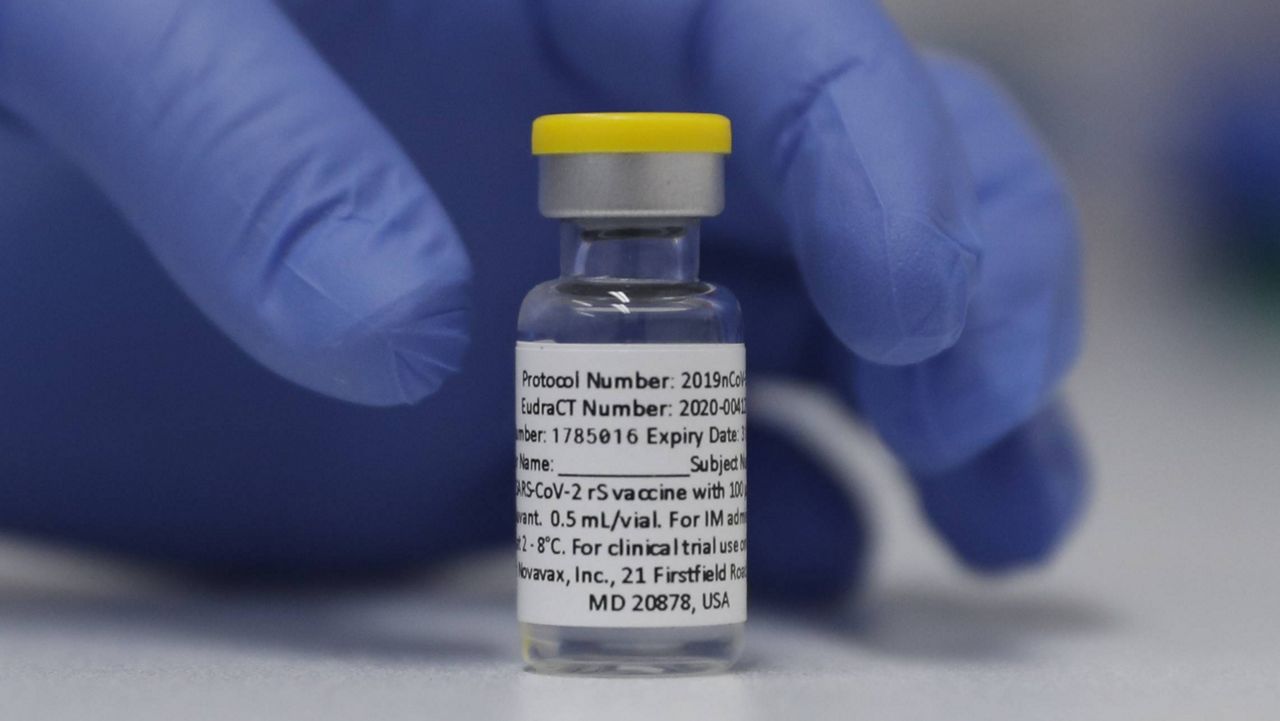Health and Human Services Secretary Xavier Becerra and the heads of other federal health agencies warned hospitals and medical schools could lose Medicare and Medicaid funding if they do not receive informed, written consent for “sensitive and intimate examinations -- including pelvic, breast, prostate, or rectal examinations.”
The pronouncement, and denouncement of behavior by medical professionals, comes after years of media reports that pelvic exams and similar procedures were conducted without patient consent, including while patients were under anesthesia. One 2022 study from a health policy think tank concluded that “potentially 3.6 million U.S. residents may have received” an unconsented intimate exam, calling it “a conservative estimate.”
“The Department is aware of media reports as well as medical and scientific literature highlighting instances where, as part of medical students’ courses of study and training, patients have been subjected to sensitive and intimate examinations… while under anesthesia without proper informed consent being obtained prior to the examination,” Becerra, the Centers for Medicare & Medicaid Services administrator Chiquita Brooks-LaSure and the HHS’ Office for Civil Rights director Melanie Fontes-Rainer wrote in a letter to teaching hospitals and medical schools on Monday.
“Informed consent is the law and essential to maintaining trust in the patient-provider relationship and respecting patients’ autonomy,” they added.
In a memo, HHS clarified existing guidance to emphasize that health providers must obtain documented consent before conducting such exams if they want to stay enrolled in Medicare and Medicaid programs.
As of November, 25 states had passed legislation banning unauthorized pelvic exams, according to a University of Illinois College of Law bioethicist who has tracked the practice.
Last May, as Ohio’s state legislature considered a bill banning the practice, a medical student at Ohio University testified she was instructed to perform a pelvic exam on an anesthetized patient she never met nor had received consent from. The exam, meant to be instructional, was not required and “an utterly inefficient way to learn,” the medical student Alexandra Fountaine said in her submitted testimony.
“In what other institution in society is the value of one’s education upheld by the justification that these egregious acts are ‘good for learning’?” she testified. “There is no other profession where asking professional learners to complete educational tasks tantamount to sexual violation is acceptable.”










